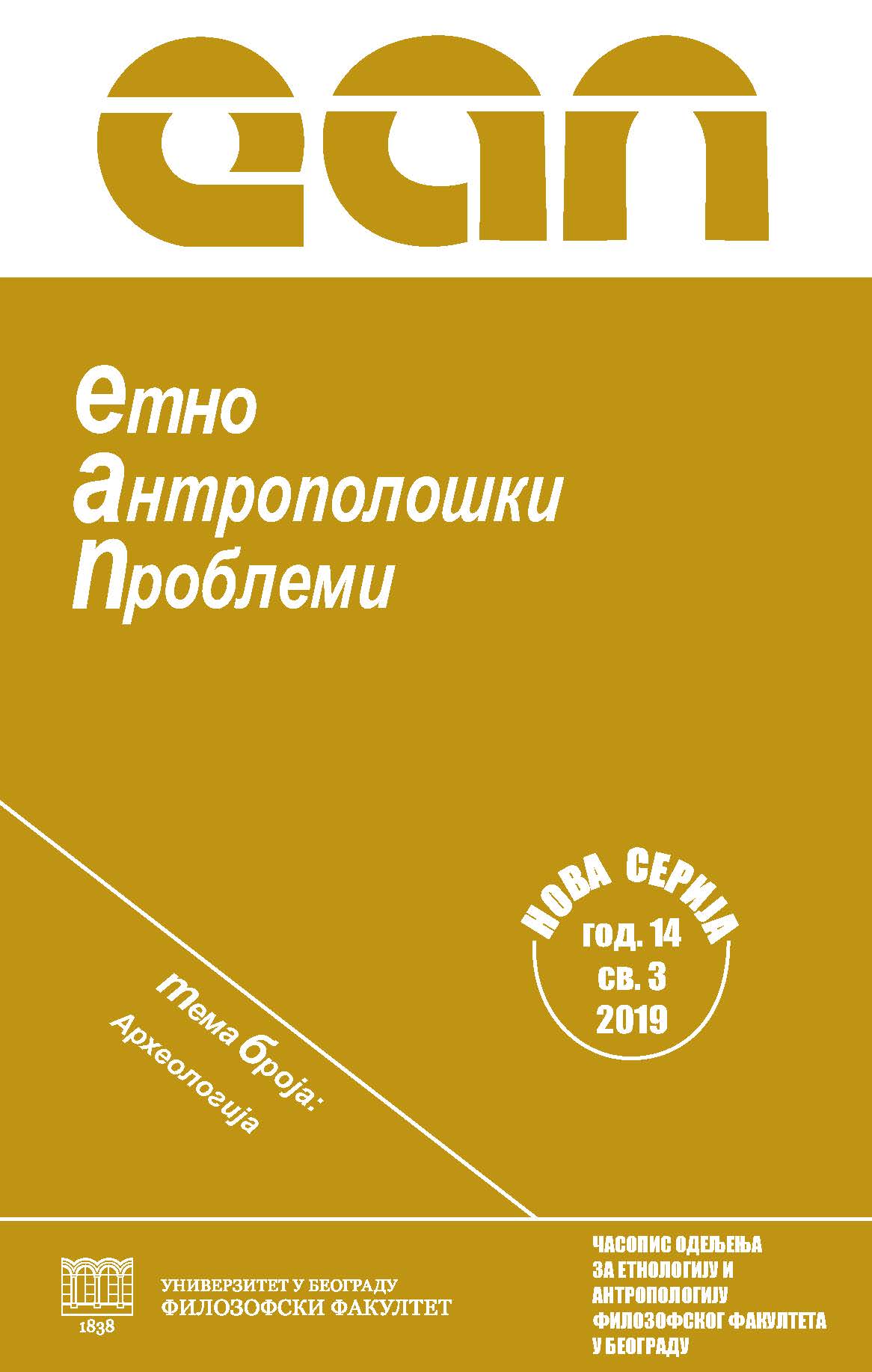Arheološka istraživanja Adama Oršića
Archaeological Excavations of Adam Oršić
Fieldwork as a Source of Power and Authority
Author(s): Marko JankovićSubject(s): Archaeology
Published by: Филозофски факултет, Универзитет у Београду
Keywords: fieldwork practices; Adam Oršić; history of the discipline; authority; power
Summary/Abstract: The period between the two world wars is extremely important for the history of Serbian and Yugoslav archaeology, because this is the time when the discipline was rapidly institutionalized – new museums are established, new professionals are trained, and large fieldwork projects are initiated. At that moment, as well as immediately after – during the World War II, European archaeology is to the great extent oriented towards the German professionals and institutions. In Germany and Austria institutionalization started earlier, by the beginning of the 20th century, so a great number of the Serbian and Yugoslav archaeologists was educated in the German centres – Marburg, Berlin, Munich, Vienna and other universities. Adam Oršić started working in archaeology in 1930s, self-taught and leaning primarily on the experience of older colleagues, rather than on formal education, which he did not possess at the time. However, he started fieldwork on the sites in Niš and the surrounding area, collecting a huge set of data, that remained in his private possession. It was this data collection and his vast fieldwork experience in southern Serbia that for Oršić opened the door of Ahnenerbe and heritage protection institutions during the occupation. As the result of the status he achieved at the time, he was sent to Oswald Menghin in Vienna, where he completed his dissertation in 1944. During the war, his insistence on fieldwork as the essential part of archaeological research became even more pronounced, leading to his suggestion to Ahnenerbe to organize an expedition in Serbia and Macedonia. The status acquired by his doctorate under the mentorship of Menghin, the leading praehistorian of Europe at the time, enabled Oršić to continue his archaeological work after the war, first as a refugee in Austria, and then as an immigrant to Brazil. Oršić considered fieldwork as the means through which archaeologists acquire exclusive knowledge. He himself used this knowledge throughout his career to strengthen his authority and to achieve esteem in the academic community. His vast experience and knowledge of the sites in Serbia contributed to the respect he enjoyed by the authorities during the war, set his educational path, and ultimately secured him the status he enjoyed in the settings he worked till the end of his life.
Journal: Етноантрополошки проблеми
- Issue Year: 14/2019
- Issue No: 3
- Page Range: 889-907
- Page Count: 19
- Language: Serbian

